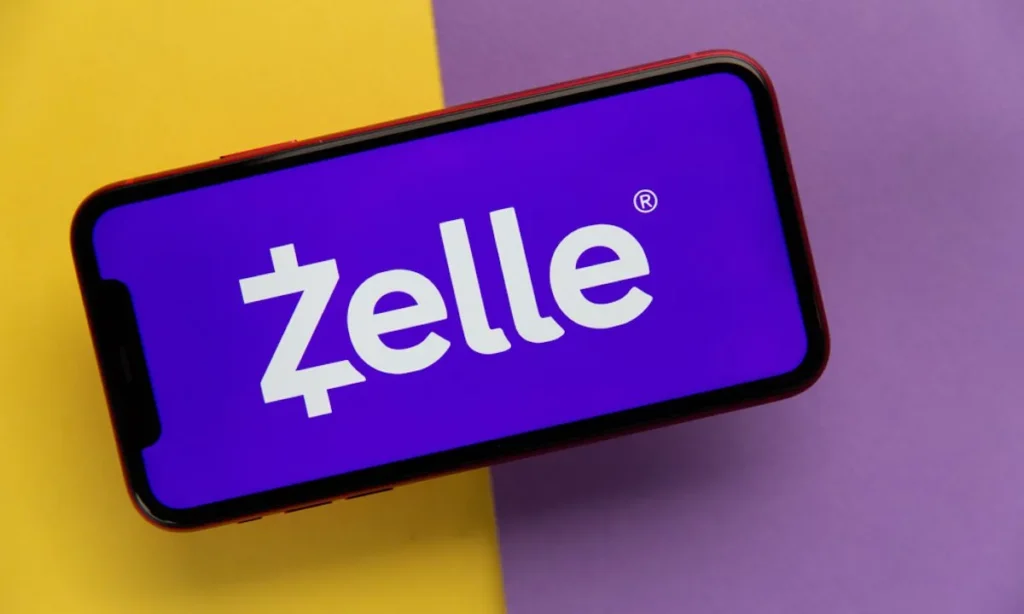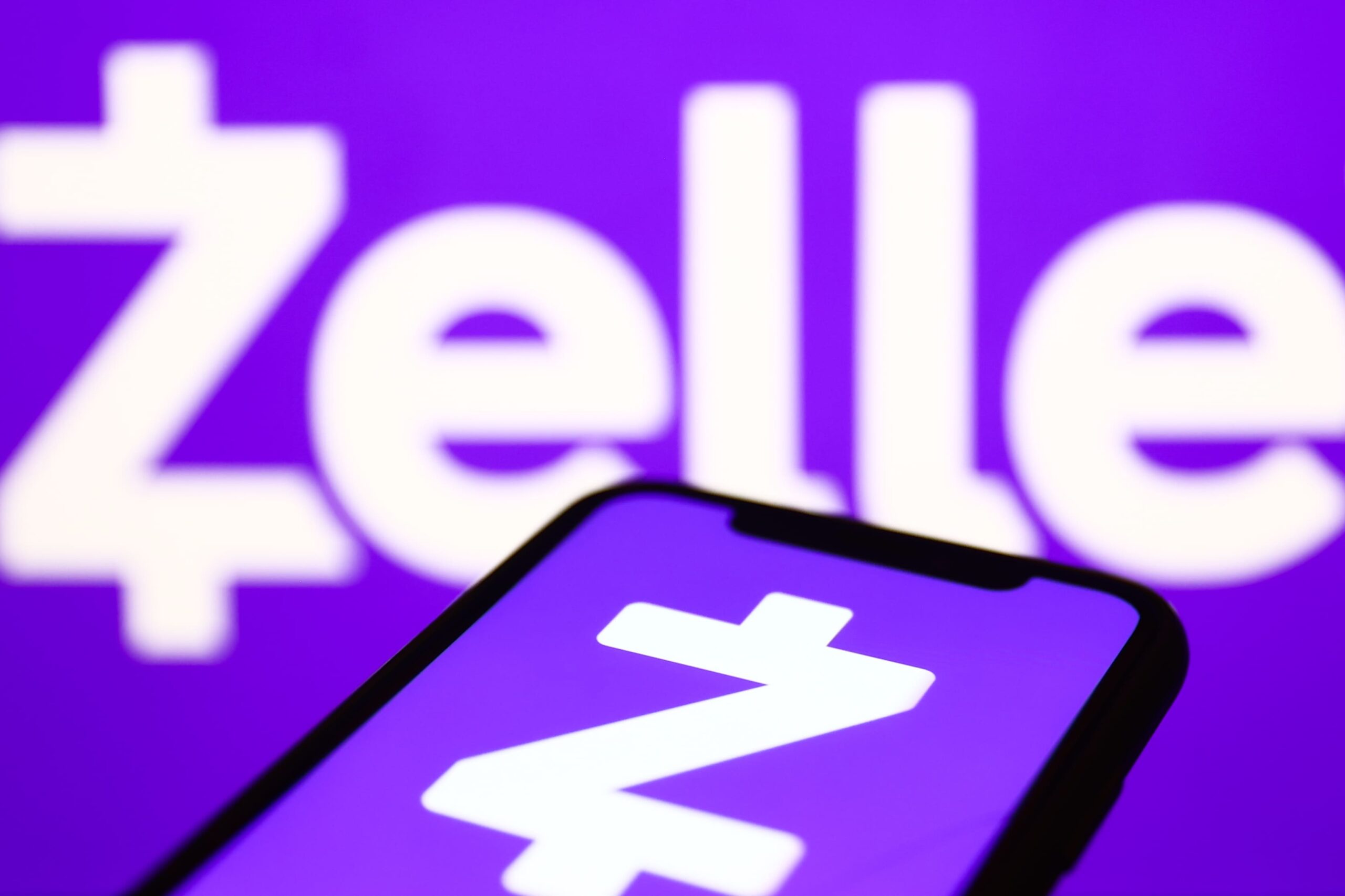
Zelle, heralded as the banking industry’s digital payment powerhouse, offers seamless money transfers across more than 2,000 banking apps. However, the convenience of instant transactions makes it susceptible to criminal fraud. In this guide, explore how Zelle operates, the tactics scammers employ, and crucial steps to protect yourself. Plus, discover recent policy changes allowing banks to reclaim funds in certain cases.
What is Zelle and how does it work? Launched in 2017, Zelle is a peer-to-peer payment service owned by major US banks. With no fees and accessibility to over 100 million customers, Zelle processed $180 billion in the first quarter of 2023. While designed to compete with electronic payment services like PayPal, Venmo, and Cash App, Zelle stands out by enabling banks to handle electronic transfers without third-party fees.
How do scammers use Zelle for fraud? Scammers exploit social engineering to manipulate victims into authorizing fraudulent transactions. Tactics range from fake payment confirmations to impersonating banks, utility companies, or other institutions. Learn about common scams and the alarming methods criminals employ to deceive individuals and exploit Zelle’s instant, irreversible transactions.
How to protect yourself from Zelle scams: Given that most Zelle scams involve social engineering, discover practical steps to safeguard against fraud. From avoiding unsolicited messages and urgent requests to never sharing 2-factor authentication passcodes, these strategies empower you to stay vigilant. Limiting Zelle use to trusted contacts further minimizes the risk of falling victim to scams.
What to do if you’re a victim of a Zelle scam: In case of fraud, swift action is paramount. Learn how to report scams to major banks, including contact information for prompt responses. Understand the importance of quick reporting due to Zelle’s instantaneous nature. Explore the recent shift in bank policies, including a consumer reimbursement benefit, offering hope to victims of specific scam types.
Zelle’s new safety measures and consumer reimbursement benefit: Dive into Zelle’s safety measures introduced on August 30, 2023, including a consumer reimbursement benefit for select scam types. Explore how banks are now reimbursing victims of imposter scams, signaling a positive change in the landscape. Real-life examples underscore the impact of these safety policies on consumers, providing insights into potential recourse for victims.
As the holiday season brings an anticipated surge in scams, stay informed about the latest developments in Zelle’s safety protocols and bank reimbursement policies. Arm yourself with knowledge to navigate the digital payment landscape securely and protect your financial well-being.




